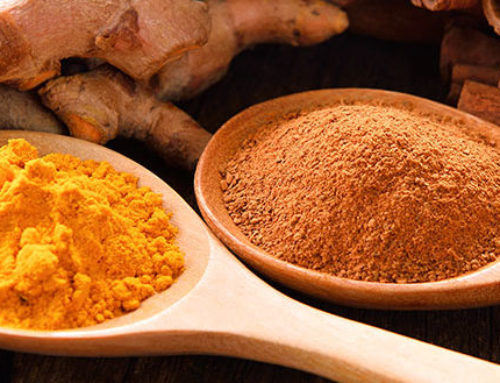
Do you know what heart disease, diabetes, Alzheimer’s, stroke and cancer have in common? Scientists have linked each of these to a condition known as chronic inflammation, and they are studying how high-fat foods and excess body weight may increase the risk for fatal disorders.
Inflammation is your body’s natural response to injury and outside irritants. But when the irritants are persistent, the immune system can spin out of control and increase the risk for disease. Current research suggests that when inflammation becomes chronic it can damage heart valves and brain cells, trigger strokes, and promote resistance to insulin, which leads to diabetes. The latest research suggests that inflammation is also associated with the development of cancer.
Much of the research on chronic inflammation has focused on fighting it with drugs, like cholesterol-lowering statins for heart disease. A growing body of research is now revealing how an unhealthy diet can lead to inflammation. Some scientists are investigating how certain components in foods might help – an anti-inflammatory diet. One study found that dietary fiber from whole grains, for instance, may play a protective role against inflammation.
A number of nutritionists and physicians have been working together to develop anti-inflammatory diets. They are based on both the Mediterranean diet and a Healthy Eating Pyramid developed at Harvard University and encourage consuming whole-grain foods, unsaturated fats such as plant oils, fruits, vegetables, nuts, fish, poultry, eggs and moderate amounts of dairy foods. They also suggest avoiding red meat, butter, sweets and white foods such as rice, potatoes and pasta as much as possible.
The American Heart Association also recommends consuming both omega-3 fatty acids, found in cold-water fish like salmon and canola oil, and omega-6 fatty acids, found in nuts, seeds and vegetable oils.
Turmeric is a common ingredient in many dishes, including curries, but it also has a long history in traditional medicine. Scientific research indicates that turmeric may offer several health benefits. In particular, turmeric contains a compound called curcumin, which has anti-inflammatory properties.
Investigators are still studying the roles food may play in promoting or controlling inflammation; however, new research funded by the NIH is looking further into the relationship between diet and inflammation.




